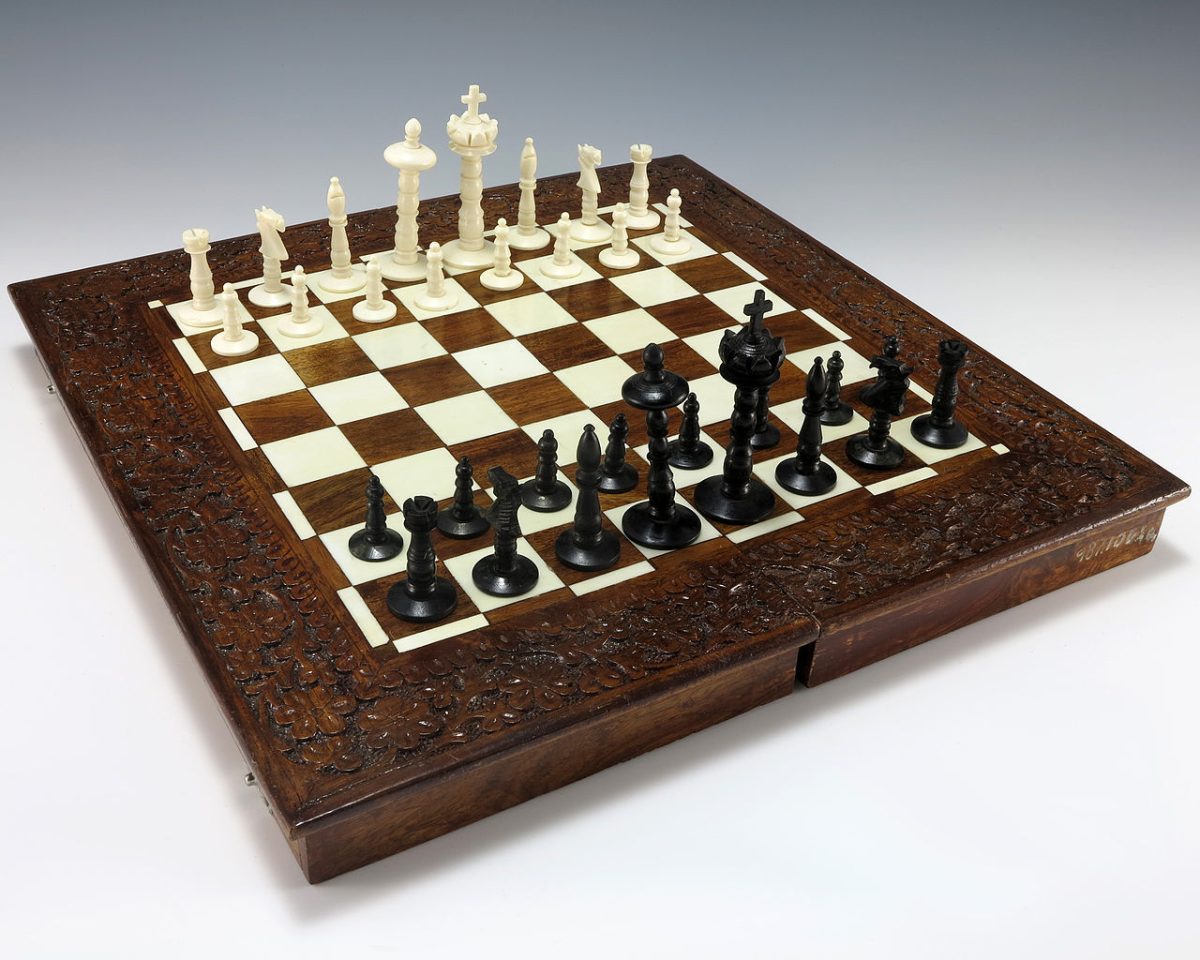Chess has been played since the 16th century by common folk, kings and prime ministers. The classic board game is a staple of strategy games with its popularity enduring today in international leagues and garnering mainstream attention. While similar to checkers or draughts, even being played on the same board, chess continues to outshine these other games with its complex strategy and more varied playstyles.
The greater strategy of chess starts with the pieces on its board. In checkers there is only one type of piece that moves and captures diagonally; meanwhile, in chess, there are six unique piece types that move in their own way, forcing players to consider the placement of opposing pieces as they make their move.
Moreover, there are two routes to victory in chess. One could gain more points through captures, with each type of piece having different values, or one could trap the opponent’s king in checkmate. This allows players to pursue the objective that suits them best and create interesting matches when matched against players of opposing types. With more than one victory condition and a variety of pieces, there are many avenues of attack and advances to defend against, making each game of chess its own unique story. However, in checkers, there is only one way to end the game, to capture all opposing pieces. Though not inherently a bad thing, coupled with the singular piece, most games of checkers will play out the same way.
Chess has spawned countless international competitions with rankings to be climbed. This prompted many high-level players to develop theories to counter enemy moves, and those opponents to create strategies to counter those theories, and so on and so forth. These opening, positional and endgame analyses add to the long-term planning chess prompts players to consider. Further, these strategies are often publicized and available to newcomers to learn through books and the internet, allowing anyone to learn castling and gambits. Checkers, while steeped in strategy, lacks much of the theory crafting chess offers because of the singular piece type and lack of variety in its openings and endgame.
Chess and checkers are titans in the board gaming world and both hold their own merits. However, chess has the advantage of more complex strategies and deeper considerations to make as the game goes on. It’s an enjoyable classic that can be learned quickly at any age, but with a high skill ceiling, it offers a new skill to continually improve.











